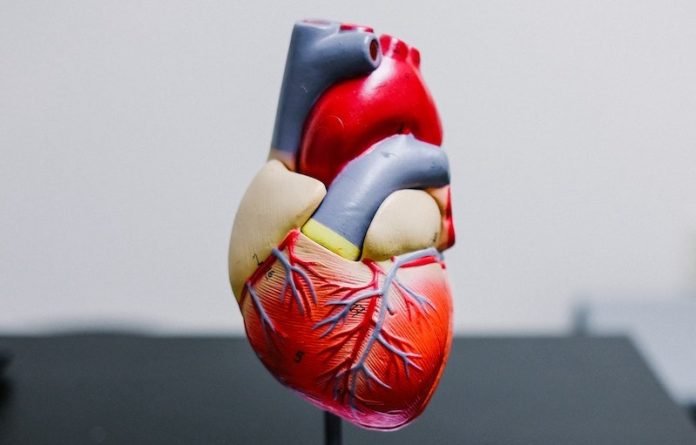
In a study from Leeds Institute for Cardiovascular and Diabetes Research and elsewhere, scientists found that people hospitalized with COVID-19 may have an increased risk for heart damage, but not so much the type of inflammation previous research suggested.
Early in the pandemic, several studies suggested many COVID-19 survivors experienced heart damage even if they didn’t have underlying heart disease and weren’t sick enough to be hospitalized.
In the new study, the team examined the nature and extent of heart damage and inflammation in the sickest people with COVID-19.
They looked at 342 COVID-19 patients with high levels of the protein troponin in 25 United Kingdom hospitals between June 2020 and March 2021.
Elevated levels of troponin in blood tests are a strong indicator of acute heart muscle injury or heart attack. Doctors routinely check troponin levels in people hospitalized for COVID-19.
Participants were compared with two control groups, one with 64 people hospitalized with COVID-19 who had normal troponin levels, and a second group of 113 people of a similar age, sex and heart health but without COVID-19 or elevated troponin levels who had not been in the hospital.
The team found that 61% of people hospitalized with COVID-19 who had high troponin levels had heart abnormalities including scarring from myocardial infarction, also known as a heart attack, or from microinfarction, “small areas of scar”.
That was almost twice as high as hospitalized COVID-19 participants with normal troponin (36%) and those without COVID-19 who had normal troponin (31%).
But when it came to suspected myocarditis, a rare and sometimes fatal heart muscle inflammation typically triggered by a viral infection, researchers found the prevalence was 6.7% in participants with COVID-19 and elevated troponin, compared to 1.7% in those without.
That’s much lower than seen in previous studies.
This is really important information for clinicians who have the challenge of trying to understand why troponin levels are elevated so they can tailor the appropriate treatment options.
The team says the study was limited by a lack of data about cardiac events before participants were hospitalized and by “survivor bias,” since the research focused only on patients who survived to hospital discharge.
If you care about COVID, please read studies about the cause of inflammation and blood clotting in severe COVID-19, and this plant extract may help treat COVID-19.
For more information about health, please see recent studies that people over 50 years old may get shingles after COVID-19, and results showing this existing drug can save damaged lungs in COVID-19.
The study was conducted by John Greenwood et al and published in the American Heart Association journal Circulation.
Copyright © 2023 Knowridge Science Report. All rights reserved.



